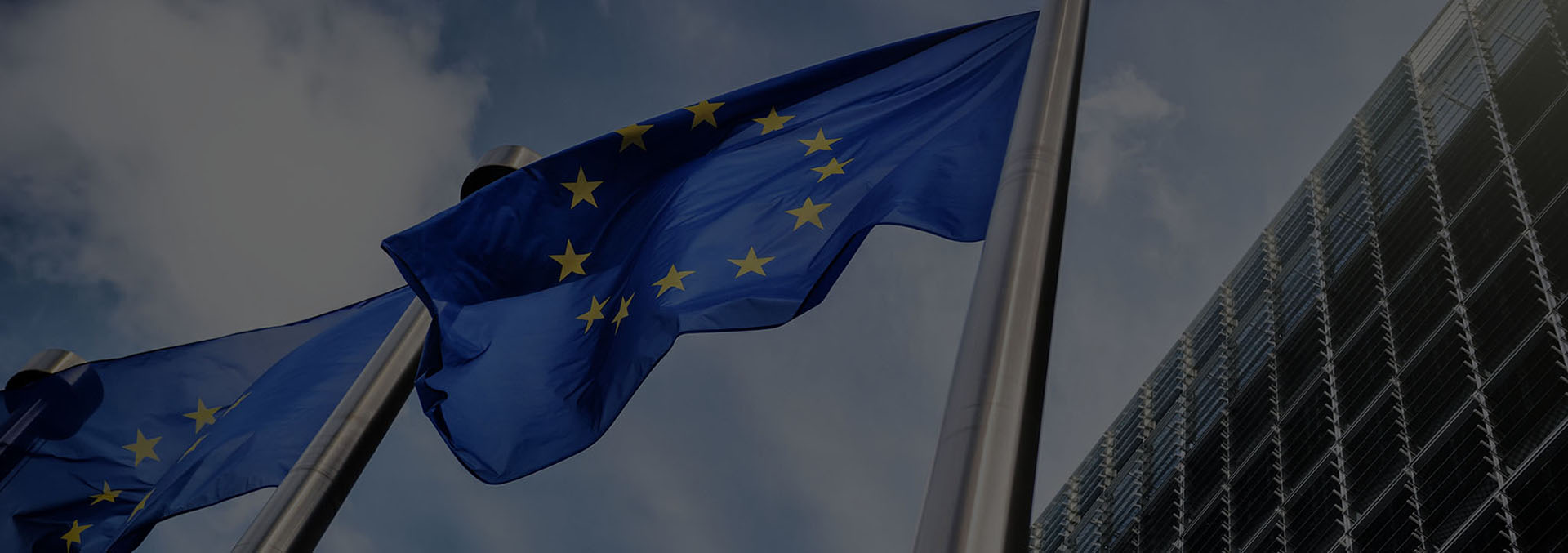Android is currently the most popular operating system for mobile devices. In 2020, it has already had its 11th version. At the same time, Google introduced new features of the system aimed at increasing its security for users. What are these safeguards and how do they affect security?
Due to the mode of use, mobile devices, such as a mobile phone or tablet, often give the illusion that they cannot be exposed to cyberattacks. This is not true, because both the Android operating system and the individual applications available on it can be attacked. Mainly the threat comes from other applications installed from the Google Play Store.
It is worth mentioning here that the mobile applications available in the store undergo verification, but due to the volume of these applications, the verification cannot be performed in to detail. Unfortunately, this also makes these malicious applications easy to overlook. An unaware user can download them to his device and thus allow them to attack other applications. That is why it is so important to conduct security audits to detect weaknesses of the application. Google itself, in connection with the threats in the latest version of Android 11, introduced several improvements to improve security.
One-time access rights to the application
Some of the access rights an application may request are security-critical. Among them are location, microphone or camera – those related to user privacy. In Android 11, an application can access such functions one time.
Application must report the need for access again when trying to use the location or the microphone again. And so every time. Thanks to this, the user is more aware of the risks resulting from the provision of these functions in the application.
Reset application access rights
This option applies to applications that have not been used for a long time. In this case, the next time you start up, the Android operating system may ask the user to confirm access to the critical phone functions. The purpose is to reduce the number of granted access rights in the device's operating system and the risk of an attack on the data contained in the application.
Location download permission broken into two permissions
From now on Android 11 two location permissions will work. One will apply to the app that's in the foreground and the other will be for the app that's running in the background. The user must confirm that the application is allowed to get the location several times. This will allow you to be more aware of where and in which application the location was entered.
Statistically, the need to get a location by the application that is running in the background is not essential. Therefore, such additional need may characterize a malicious or spyware application that poses a potential threat to user security.
Android component update
One of the new features in Android 11 is that system component updates will be distributed via the Google Play Store. Thanks to this, the user will not have to wait for the manufacturer of the mobile device to make the updated version of Android available. Now you will be able to update some of the operating system components on the same principle as updates individual applications installed on the device.
New security features in Android 11 – summary
In the era of cybercrime and the availability of professional spyware such as Pegasus (not for everyone, of course, but people interested in such tools now have easier access to them), this direction chosen by Google deserves recognition. Actions aimed at minimizing the threat of cyberattacks and increasing the security of users of mobile devices seem to be the most appropriate and worth following by other software producers.
No security measures can completely protect the application from attacks, so each mobile application should be properly and regularly checked. We often hear about new vulnerabilities in applications such as ZOOM or applications for mobile devices. The optimal solution is to conduct security audits on them. After obtaining the results of the tests, we introduce appropriate protection mechanisms that meet all the standards at the time of testing and the security requirements of modern IT systems.








Let's stay in contact